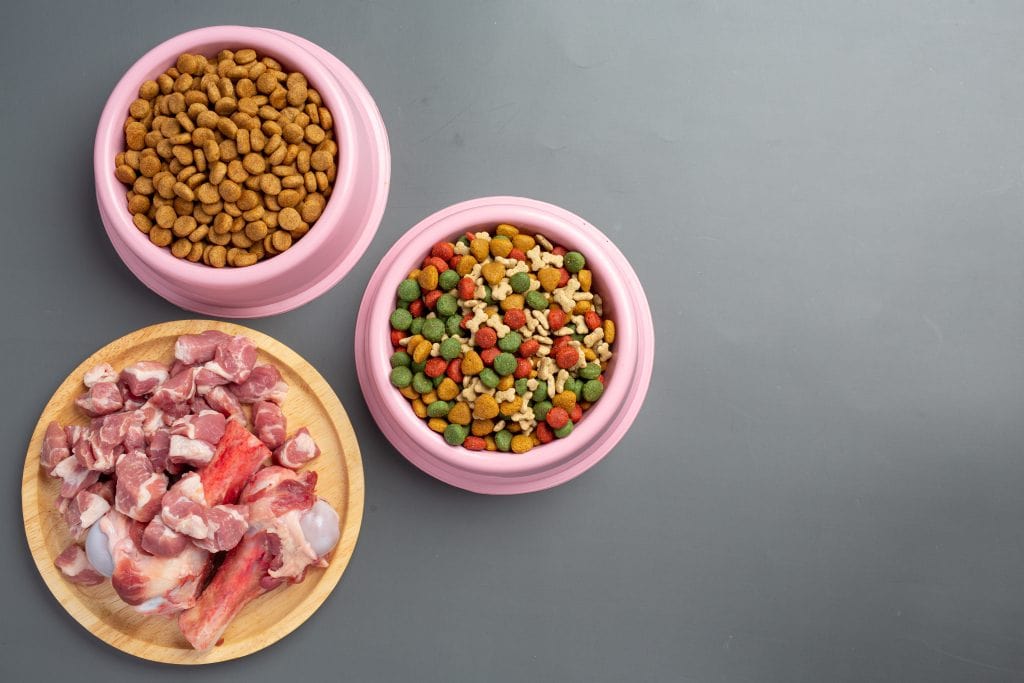Nourishing Your Companions: A Guide to Pet Nutrition
Proper nutrition is the foundation of a pet’s general health and well-being. Understanding our furry, feathery, and finned pets’ specific dietary needs is critical for conscientious pet owners. Every species has unique nutritional requirements that, when satisfied, support a long and healthy existence.

Balanced Diets for Canine Companions: Dogs
Being omnivores, dogs are our devoted friends and require a well-balanced diet to flourish. The dietary requirements of dogs are largely satisfied by commercial dog food, which contains key components like protein, carbs, fats, vitamins, and minerals. But, care must be taken because some human meals may be dangerous for dogs. To preserve our furry friends’ health and longevity, responsible pet ownership entails avoiding these possible threats.
Catering to Carnivores: Cats
Cats, on the other hand, are obligate carnivores who must eat predominantly meat. Taurine, arachidonic acid, and vitamin A are among the important elements that can only be obtained from high-quality cat food. Nutritional deficits and other health problems might result from feeding cats dog food or sticking to a vegetarian diet. The secret to ensuring that your feline pals have a happy and healthy life is to acknowledge and appreciate their carnivorous nature.
Diverse Diets for Feathered Friends: Birds
The world of birds has a wide variety of diets among its feathered inhabitants. The dietary needs of various bird species vary, which highlights the value of a varied diet that includes seeds, fruits, vegetables, and, in certain cases, proteins like insects. Not giving them this diversity might cause health problems, which emphasises how important it is to give our feathery friends specialised food.
Aquatic Menu: Fish
Fish live in many species underwater, and each has specific dietary needs. It is vital to provide them with a well-balanced diet that includes suitable commercial fish food. One typical concern in fish tanks is overfeeding, which can lead to health issues. A healthy undersea community is ensured by paying attention to the unique demands of your aquatic companions.
Tailored Diets for Tiny Companions: Small Mammals
Rabbits, guinea pigs, hamsters, and ferrets, among other small mammals, have specific nutritional needs. For rabbits and guinea pigs, high-fiber diets are essential; they should also include certain pellets and fresh vegetables. Ferrets and hamsters require a diet that is balanced and rich in carbohydrates, lipids, and proteins. Customising their diet is essential to their well-being and health.
Conclusion
Understanding and meeting our diverse companions’ nutritional needs are threads that weave the fabric of their well-being in the tapestry of responsible pet ownership. A lifetime of happiness and companionship begins with a well-balanced meal, specially prepared with attention for each species. Let’s prioritise our pets’ health as their caretakers by speaking with veterinarians and mastering the skill of specially designed nutrition for our cherished friends. By doing this, we safeguard their long-lasting link that makes them valued parts of our families in addition to their physical well-being.

